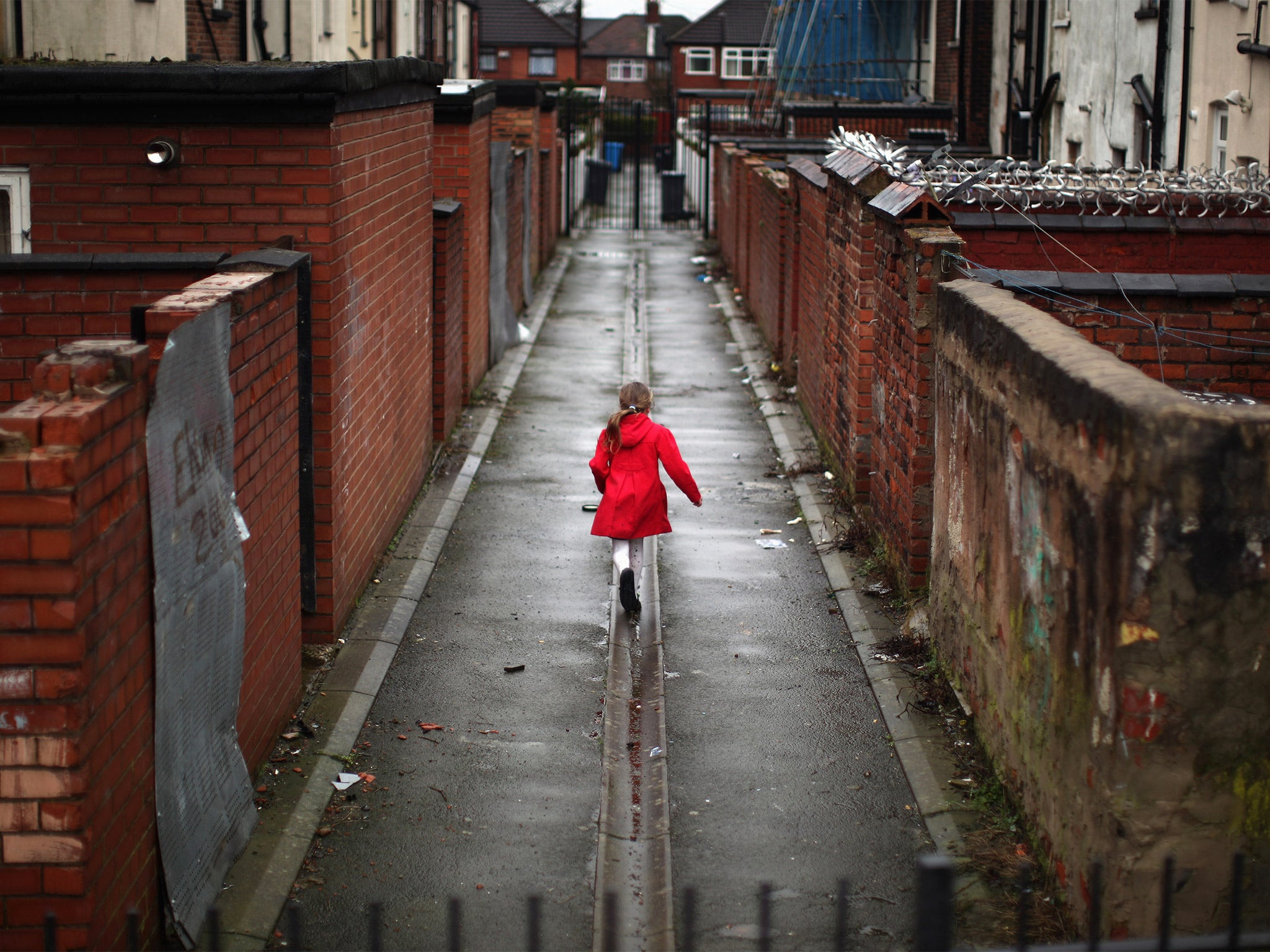As an inner-city teacher, I see the appalling reality of child poverty after 10 years of austerity
If the government fails to address the double-edge crisis of child poverty and school funding soon, an entire generation will lose out


Your support helps us to tell the story
From reproductive rights to climate change to Big Tech, The Independent is on the ground when the story is developing. Whether it's investigating the financials of Elon Musk's pro-Trump PAC or producing our latest documentary, 'The A Word', which shines a light on the American women fighting for reproductive rights, we know how important it is to parse out the facts from the messaging.
At such a critical moment in US history, we need reporters on the ground. Your donation allows us to keep sending journalists to speak to both sides of the story.
The Independent is trusted by Americans across the entire political spectrum. And unlike many other quality news outlets, we choose not to lock Americans out of our reporting and analysis with paywalls. We believe quality journalism should be available to everyone, paid for by those who can afford it.
Your support makes all the difference.As a teacher working in the inner city, the tell-tale signs of childhood poverty are only too familiar. Our poorest pupils are hungry because they haven’t had breakfast. Or tired because it’s hard to sleep in a noisy overcrowded flat. Their trousers might be too short, or their shoes falling apart. There’s damp in their flat, and no money for the gas meter either.
An appalling 4.1 million children in the UK are now living below the breadline – but as a teacher the fact that nine in every 30 children are now living in poverty sadly comes as no surprise. Rather it confirms what teachers see already: after 10 years of austerity we are failing poorer young people.
Headteachers gathering for the NAHT conference this week have shared their own worrying examples of what poverty looks like for their pupils. Sometimes the consequences are visible – like bringing mouldy bread to school for lunch. At other times, it’s the psychological impact that takes its toll – the embarrassment of not being able to afford the school trip or the anxiety that comes from knowing your carers are struggling to make ends meet. Research shows that significant levels of shame, sadness and stress come hand in hand with child poverty.
At the same time, schools are being asked to do more and being given less money to do it with. Cuts to children’s services and social security mean teachers are now expected to pick up the slack. Schools are having to take on more and more, all while having their own budgets slashed. For children in poverty, austerity bites from all angles: exhausted parents trying to make ends meet, poor quality accommodation because of the housing crisis, long waiting lists for an underfunded NHS, classrooms starved of resources.
For schools trying to support these children, the situation is growing untenable. An NAHT poll showed that 85 per cent of headteachers feel that over the next five years they will no longer be able to sustain current levels of support offered to families with financial difficulties. As a teacher, I am aware that I need time and resources to best support children who are experiencing the adverse effects of poverty, and that squeezed budgets threaten both. I know how important it is that my school is well staffed – including with teaching assistants available to help make sure a child gets breakfast, or learning mentors who are able to talk to children about what is happening at home. Yet these are exactly the kind of services that headteachers are being forced to cut.
Particularly frustrating is the mismatch between the government’s rhetoric around supporting disadvantaged pupils and the reality I, and so many other teachers, see in our classrooms. When it comes to justifying tougher exams or a more traditional curriculum, the Conservative government pays plenty of lip service to the importance of “social mobility” and ensuring disadvantaged pupils succeed in school. But there is a consistent failure to acknowledge the real damage caused by material poverty, and a lack of political will to do anything about it.
We are the fifth richest country in the world. In October Theresa May promised an end to austerity but schools have seen no sign of this yet. While the government prevaricate over Brexit, a double-edge crisis of child poverty and school funding is too often forgotten. Failure to address it soon will mean a generation of children lose out.
Join our commenting forum
Join thought-provoking conversations, follow other Independent readers and see their replies
Comments